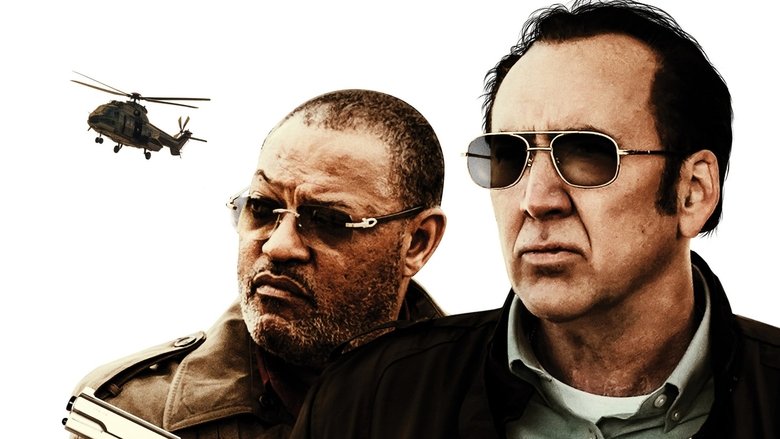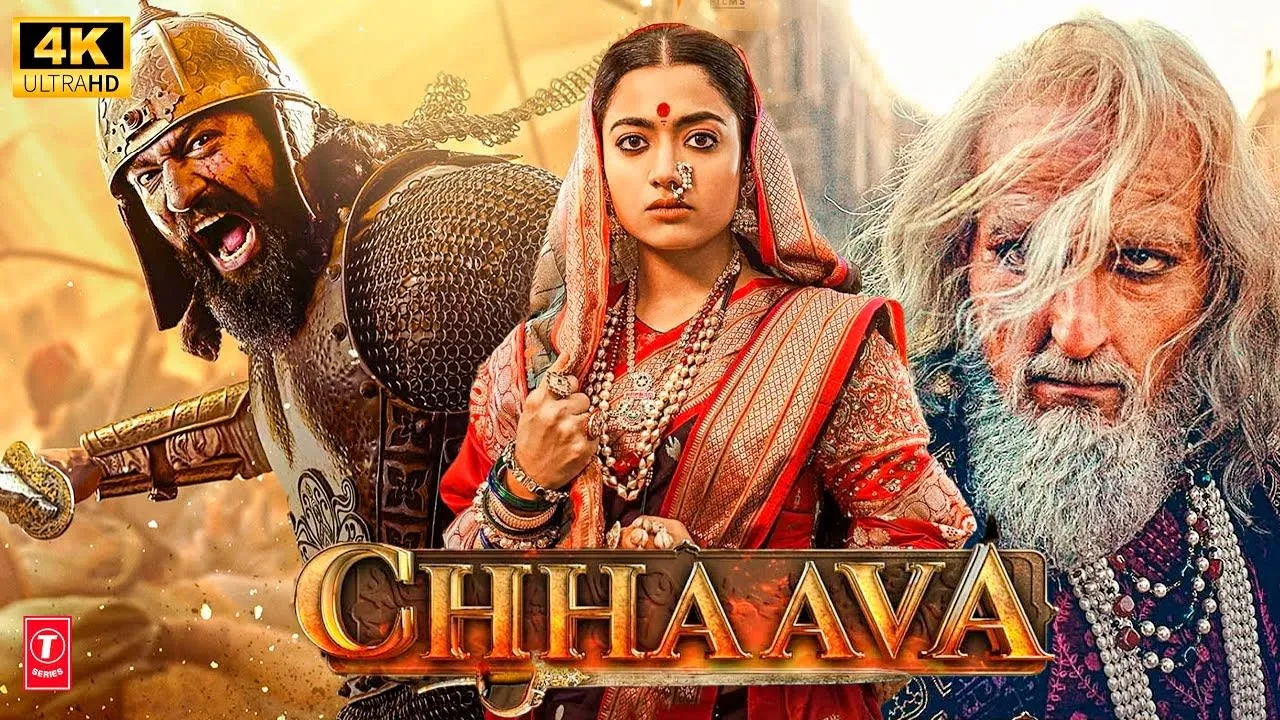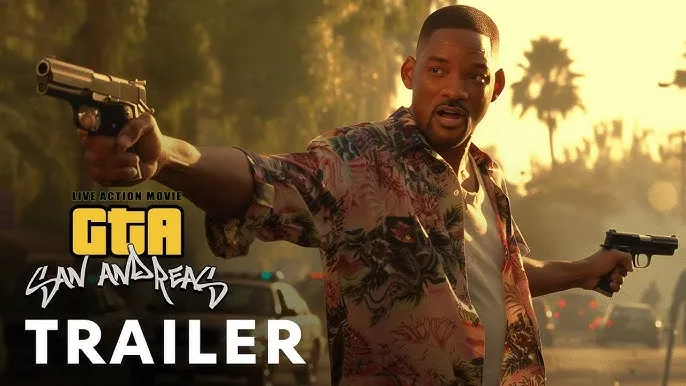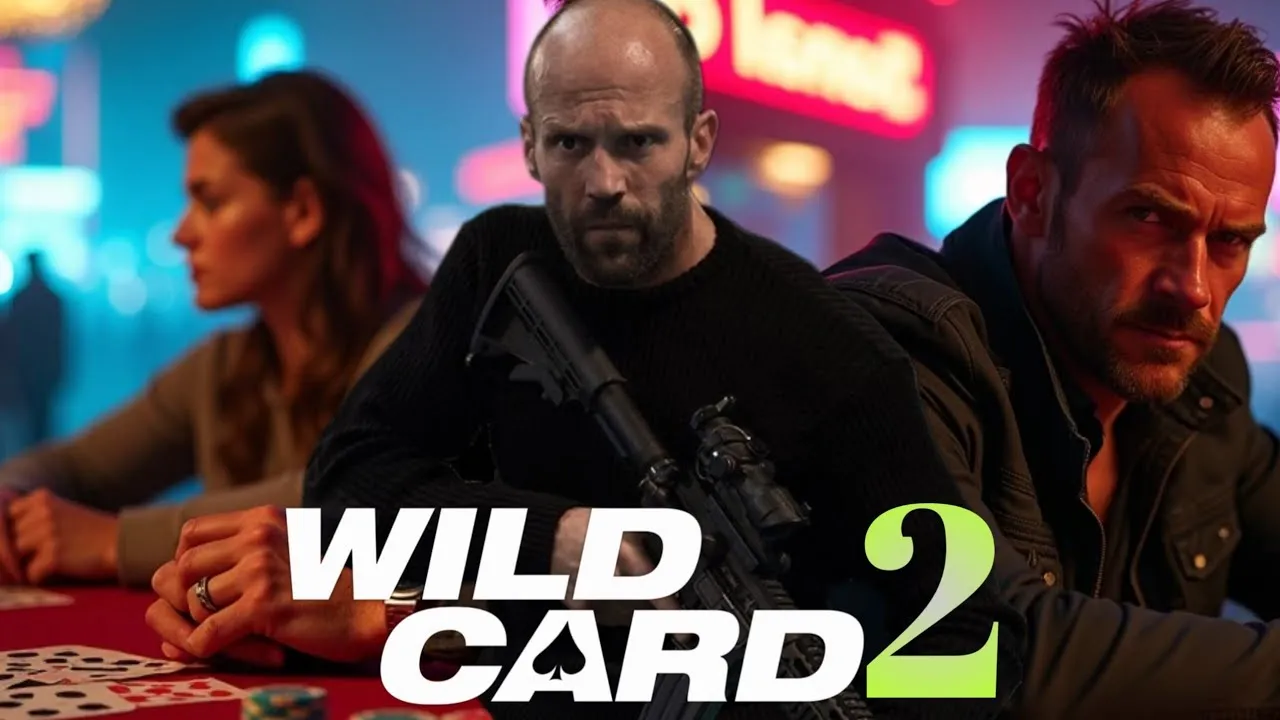"From jungle to high-rise, the cocaine flows clean—but it’s filtered through blood at every stop."
No screaming. No bloodthirsty maniacs.
Running with the Devil lives in the shadows of the drug world—where every shipment has a price, and every step is tracked by someone more dangerous than the last.

One supply chain. Countless masks. And death that doesn’t knock first
When a shipment of cocaine is stolen, a powerful cartel boss sends his most trusted enforcer—The Cook (Nicolas Cage)—to trace the product’s journey from the jungles of Colombia to the streets of Canada.
Alongside him is The Man (Laurence Fishburne)—an addict, a connector, a liability—riding the line between chaos and control.
The film doesn’t speak loudly—but every glance is a loaded weapon

What makes Running with the Devil unsettling is its refusal to romanticize anything.
There is no hero—only roles within a deadly system.
No backstories. No redemption arcs.
Just “The Boss,” “The Cook,” “The Agent,” “The Executioner”—titles, not people.
There are no tears. No apologies.
And no survivors who trust the wrong face.

No one's innocent. Just waiting to be exposed.
This is a brutal anatomy of the global cocaine trade—from raw jungle extraction, border crossings, and refinement stations to nightclubs and upscale kitchens.
Blood is spilled at every stop—even if the killer never holds a gun.
To serve cocaine to the rich, someone always dies in the dirt
Running with the Devil isn’t here to entertain. It’s here to expose—
a machine that moves in silence, fueled by greed, and leaves nothing but corpses in its wake.


-1755584947-q80.webp)
